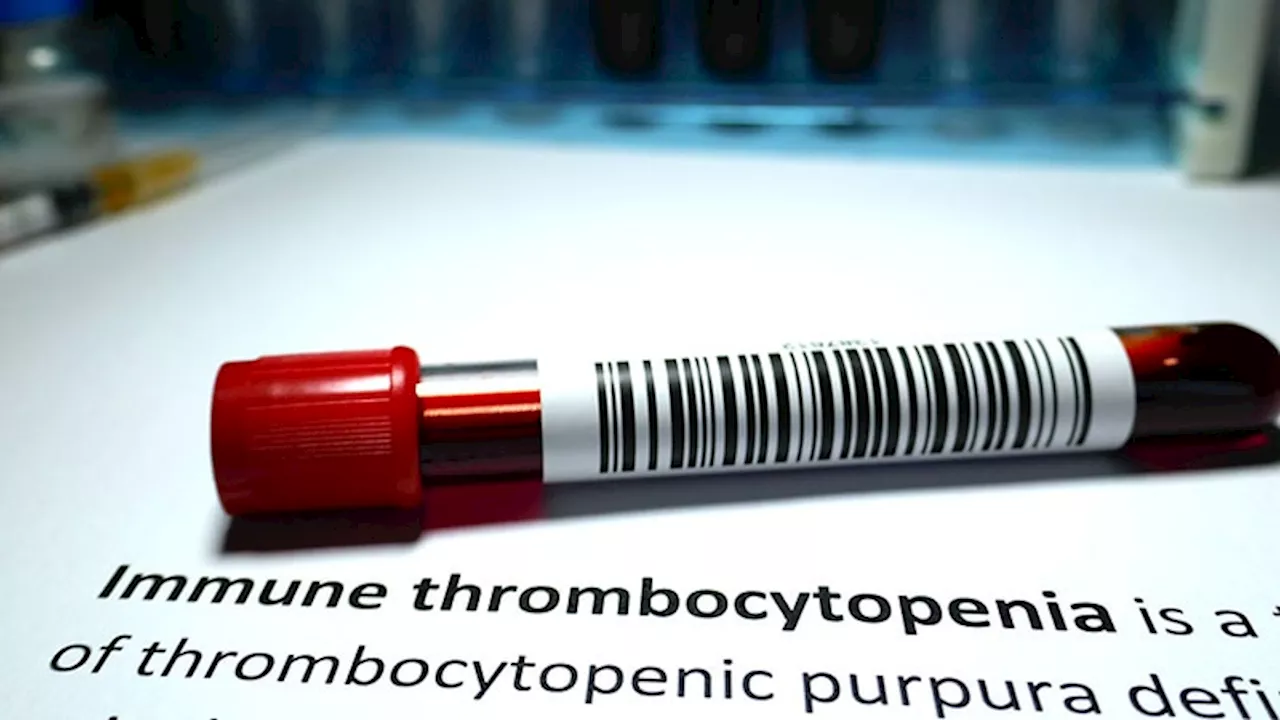A new Yale study identifies a drug that can prevent and reverse brain malformations associated with lissencephaly, a rare genetic disorder.
Lissencephaly is a spectrum of rare, genetic disorders in which the brain fails to develop its hallmark folds. The disorders are often associated with seizures and intellectual disability and currently there are no available treatments.
A new Yale study, however, has identified a molecular mechanism that underlies some lissencephaly disorders -- and a drug that prevents and reverses lissencephaly malformations in organoids (small, three-dimensional replicas of developing brains that allow scientists to study early brain development). Lissencephaly belongs to a group of disorders we call malformations of cortical development, meaning the normal development and structure of the brain is disrupted,' said Angeliki Louvi, professor of neurosurgery and of neuroscience at Yale School of Medicine (YSM) and co-senior author of the study.'They come about because certain genes that are very important for brain development are affected by rare mutations.' The new study builds on gene discovery research conducted by the Yale Program in Neurogenetics and pioneered by co-senior author Murat Gunel, Sterling Professor of Neurosurgery and professor of genetics and of neuroscience at YSM. For years, the program has collected blood samples from patients affected by brain malformations in order to identify genetic mutations associated with their disorder
Lissencephaly Brain Malformations Genetic Disorders Drug Discovery Organoids
United States Latest News, United States Headlines
Similar News:You can also read news stories similar to this one that we have collected from other news sources.
 New Drug Shows Promise for Newly Diagnosed Pediatric ITPA study found that children with newly diagnosed immune thrombocytopenia (ITP) treated with eltrombopag as a frontline therapy showed significantly improved platelet responses and other outcomes compared with the standard of care. This represents a potential breakthrough in treatment for this rare autoimmune blood disorder.
New Drug Shows Promise for Newly Diagnosed Pediatric ITPA study found that children with newly diagnosed immune thrombocytopenia (ITP) treated with eltrombopag as a frontline therapy showed significantly improved platelet responses and other outcomes compared with the standard of care. This represents a potential breakthrough in treatment for this rare autoimmune blood disorder.
Read more »
 Teva, Sanofi Drug Shows Promise in Treating Crohn's, Ulcerative ColitisA study of a drug by Teva Pharmaceutical Industries and Sanofi showed promising results in treating Crohn's disease and ulcerative colitis, meeting key goals. The drug, duvakitug, demonstrated significant clinical remission rates in patients compared to a placebo.
Teva, Sanofi Drug Shows Promise in Treating Crohn's, Ulcerative ColitisA study of a drug by Teva Pharmaceutical Industries and Sanofi showed promising results in treating Crohn's disease and ulcerative colitis, meeting key goals. The drug, duvakitug, demonstrated significant clinical remission rates in patients compared to a placebo.
Read more »
 New Drug Shows Promise for Obesity and Type 2 DiabetesResearchers have developed a new drug that targets the NK2R protein, showing potential for treating obesity and type 2 diabetes by reducing appetite and increasing energy expenditure without the muscle loss side effects associated with GLP-1 agonists.
New Drug Shows Promise for Obesity and Type 2 DiabetesResearchers have developed a new drug that targets the NK2R protein, showing potential for treating obesity and type 2 diabetes by reducing appetite and increasing energy expenditure without the muscle loss side effects associated with GLP-1 agonists.
Read more »
 New Migraine Drug Shows Promise for Fast and Effective ReliefAtogepant, a new drug for migraine, demonstrated significant efficacy in reducing migraine risk and improving quality of life compared to a placebo in three clinical trials.
New Migraine Drug Shows Promise for Fast and Effective ReliefAtogepant, a new drug for migraine, demonstrated significant efficacy in reducing migraine risk and improving quality of life compared to a placebo in three clinical trials.
Read more »
 Teva and Sanofi's Duvakitug Shows Promise in Phase 2 IBD StudyTeva Pharmaceutical and Sanofi announced positive results from a Phase 2 study of duvakitug, a monoclonal antibody, for treating ulcerative colitis (UC) and Crohn's disease (CD). The study met its primary endpoints, with duvakitug demonstrating significant clinical remission and endoscopic response rates compared to placebo. The companies plan to progress to Phase 3 trials pending regulatory approvals.
Teva and Sanofi's Duvakitug Shows Promise in Phase 2 IBD StudyTeva Pharmaceutical and Sanofi announced positive results from a Phase 2 study of duvakitug, a monoclonal antibody, for treating ulcerative colitis (UC) and Crohn's disease (CD). The study met its primary endpoints, with duvakitug demonstrating significant clinical remission and endoscopic response rates compared to placebo. The companies plan to progress to Phase 3 trials pending regulatory approvals.
Read more »
 Intratumoral Dendritic Cell Therapy Shows Promise in Early-Stage ERBB2–Positive Breast CancerPriming the tumor microenvironment with a higher dose of autologous dendritic cells, combined with anti-ERBB2 antibodies, was safe and effective, found a phase 1 study.
Intratumoral Dendritic Cell Therapy Shows Promise in Early-Stage ERBB2–Positive Breast CancerPriming the tumor microenvironment with a higher dose of autologous dendritic cells, combined with anti-ERBB2 antibodies, was safe and effective, found a phase 1 study.
Read more »
